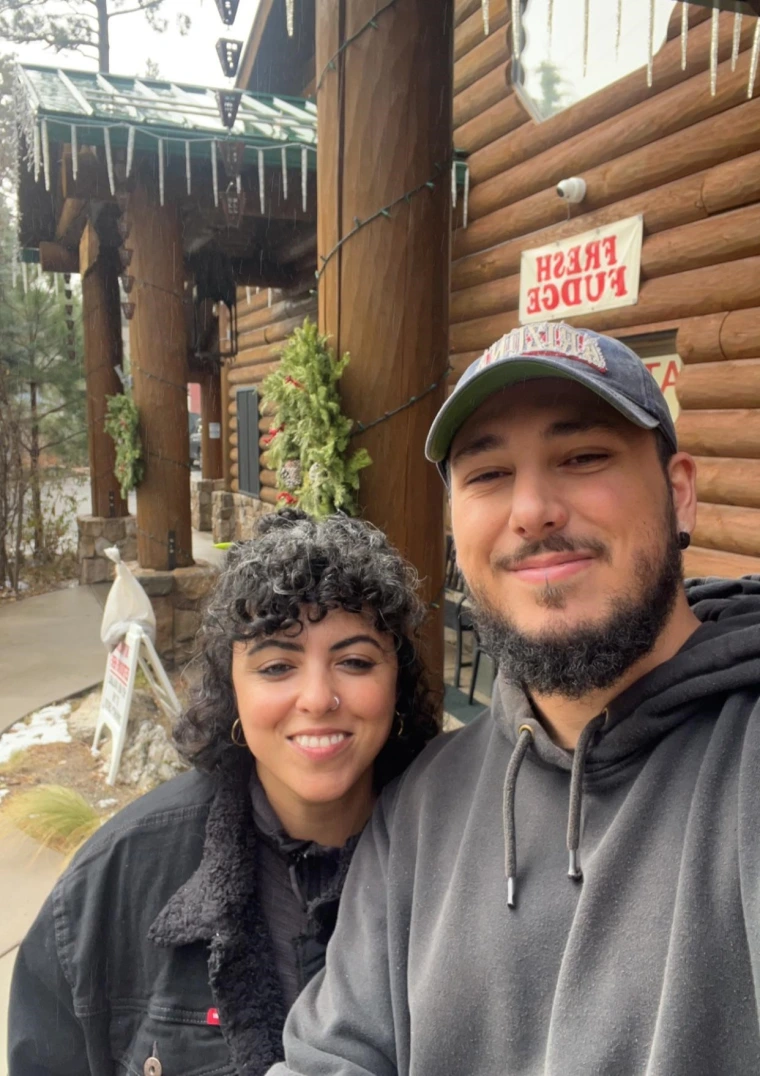Faraz Saberi

Harvill 226D
Faraz Saberi is a PhD student in the AIS Graduate Interdisciplinary Program (GIDP), having received his H.BASc in Anthropology from Lakehead University and MA in Anthropology from Memorial University of Newfoundland. He specializes in several research areas that are focused around a Global Indigeneity framework; including West Asian Indigeneity and SWANA minority identities, Kurdish studies, Museum Studies, Identity in the Post-Soviet world, transnationalism, comparative Indigenous ethnographies, and Indigenous intertribal/interethnic relations to name a few. His work is largely centered around investigating complex shifting social structures among Indigenous groups as a response to colonialism and genocide, principally through the lens of material culture. This includes unpacking the interconnected implications of detribalization and panethnicity on the erasure of identities, languages, and cultural traditions using a comparative, cross-cultural approach and global framework. He explores these implications of shifting social structures on contemporary ethnic identities and realities, situated in both West/Central Asia and North America, through the study of textile production and community engagement with ethnological collections. These two regions can be highlighted as global hotspots where several Indigenous groups have been experiencing significant sociopolitical transformations in ‘ancestral’, ‘traditional’, or ethnic/tribal group identity as an intergenerational effect of (settler) colonialism, ethnocide, and removal. Many of these transformations that Faraz focuses on in his work also reflect shifts from nomadic and semi-nomadic traditions to urbanized sedentarism in the wake of colonial pressures and globalization. The ways in which material objects, such as traditional textiles, are used to negotiate, maintain, preserve, and revitalize cultural memory, in addition to the role that they play in political activism, is a critical component of this research.
Faraz has been involved in non-profit international cultural mediation work through the Center for World Indigenous Studies (CWIS) and is also currently a student intern at the Arizona State Museum. He is also working on a publication exploring the ways in which ‘Kurdish’ has been classified in early colonial linguistic classifications, using a critique lens, and another on the complexities of ‘identity’ labeling in both ethnological and archaeological museum collections.

